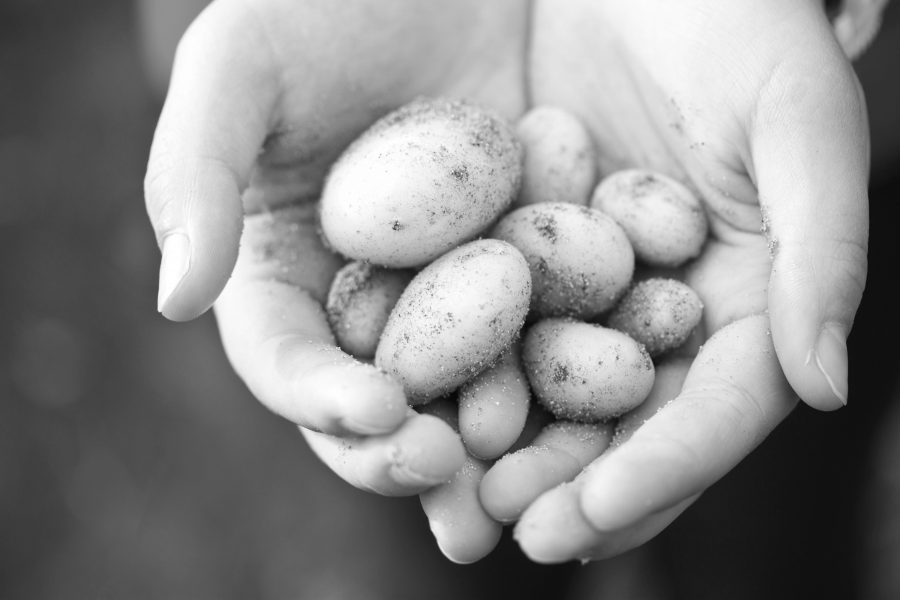The last months have seen unprecedented change as all have faced up to the challenge of the pandemic. For many, it has meant working from home rather than the regular commute to the office. As we emerge to the new normal, however that is defined, it is clear that, whilst an office base has many advantages, it has also been proved that much can be achieved by working at home, at least in part, for many people and organisations. The conditions have made employers and employees re-consider many working practices and undoubtedly there will be a significant change in future.
How does this relate to farming and food supply?
A core question is whether the pandemic will permanently change consumer preferences?Human beings have short memories and soon, for many, consumer behaviour will go back to being driven by price, convenience and habit. Most British consumers are unlikely to willingly pay more for food because it is produced in the UK, even if that supply is more reliable. However, the pandemic may have changed the long term habits of some. Having tried home delivery of fresh food for the first time, they may continue.
UK agriculture, aside from the pandemic impact, has also faced its own major challenge. The very wet autumn followed by an exceptionally dry spring have meant output is likely to be well down for crops such as milling wheat. The pandemic has disrupted markets and then there is BREXIT and fears that trade agreements emerging will impact severely on profitability forecasts.
Yet, emerging from this, is an opportunity if farming can capitalise on the resurgence of the interest in local sourced food and that its quality and convenience are value for money. In recent months, there has been a significant increase in demand for doorstep delivery of milk after a sustained fall over many years. Home workers have created the boom in interest in farm shops and farmers in many areas have introduced and expanded direct home delivery of local food boxes and seen the enhanced value of direct sales. It is the time for better understanding by policy makers of how we can make supply chains shorter and more resilient, to identify how we can produce more from home supply. The pandemic has disrupted the UK food system but in the longer run it could also create opportunities for all who respond and adapt to the new environment.
As we get back to the new normal, as said, inevitably many will return to old habits but it is clear that there will be an increased demand for local sourcing. How farming responds to this will be crucial for its future. Of course it is not a universal panacea but undoubtedly opportunity exists especially for those who farm on urban and town fringes. In a previous article, I wrote that a new normal requires a new approach. It will need very new thinking as the challenges ahead for everyone are immense. Whatever new normal means, it will require a new paradigm as to how we both live and run our lives and our business and economy. Farming needs to grasp the opportunity of a resurgent interest in local food. If it does, all involved can benefit.







